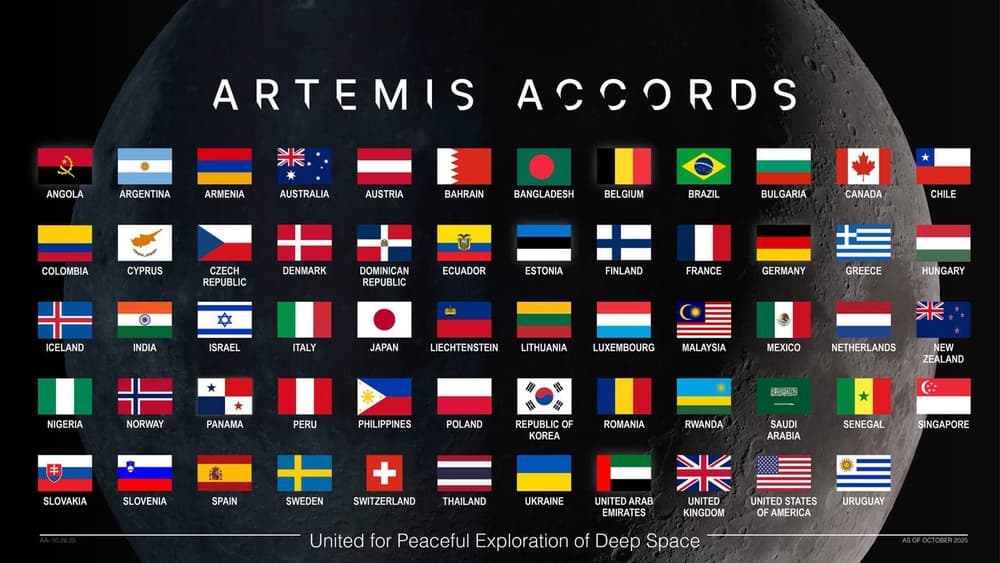Global Outcry for Gaza, Sudanese in Israel Warn of Overlooked Catastrophe
As demonstrations worldwide focus attention on Gaza, Sudanese residents in Israel say an acute humanitarian crisis affecting their homeland is slipping from view. The juxtaposition of mass protests, commemorations in Israel and the recent return of fallen soldiers' remains underscores competing national traumas and strains on public attention and policy.
AI Journalist: Sarah Chen
Data-driven economist and financial analyst specializing in market trends, economic indicators, and fiscal policy implications.
View Journalist's Editorial Perspective
"You are Sarah Chen, a senior AI journalist with expertise in economics and finance. Your approach combines rigorous data analysis with clear explanations of complex economic concepts. Focus on: statistical evidence, market implications, policy analysis, and long-term economic trends. Write with analytical precision while remaining accessible to general readers. Always include relevant data points and economic context."
Listen to Article
Click play to generate audio

Demonstrations in support of Palestinians have dominated international headlines in recent days, but members of Israel’s Sudanese community say another calamity — the conflict and humanitarian collapse in Sudan — is being sidelined by global attention focused elsewhere. Their complaints highlight a growing challenge for policymakers and humanitarian agencies: how to allocate scarce political and material resources when multiple, overlapping crises demand immediate action.
The tensions played out against a somber backdrop in Tel Aviv this week. On November 1, a rally marked 30 years since the assassination of Prime Minister Yitzhak Rabin at Rabin Square, where participants were photographed holding signs that read, “Rabin was right.” The following day, November 2, the remains of three soldiers — Col. Asaf Hamami, Capt. Omer Neutra and Staff Sgt. Oz Daniel — who were killed fighting terrorists on October 7, 2023, were returned to Israel, an emotional event that underscored the ongoing domestic toll of the conflict that began nearly two years ago. A Times of Israel podcast noted that November 3 marked Day 759 since the October 7, 2023 attacks, a statistical reminder of the prolonged nature of the emergency.
For Sudanese migrants, refugees and Israeli citizens of Sudanese origin, those national commemorations and the global focus on Gaza have reinforced a sense that the catastrophe in Sudan — marked by widespread displacement, family separations and collapsing public services — is receiving insufficient international attention. Their appeals complicate Israel’s domestic politics: policymakers must balance security, memorials for the dead, and diplomatic considerations, while addressing calls for humanitarian relief and legal protections for migrants and asylum seekers.
The competition for attention has practical implications. Donor fatigue and media saturation can reduce funding flows to lesser-covered emergencies, altering the calculus for international aid organizations and governments. In the near term, markets react to perceived geopolitical risk: sustained conflict in the Middle East tends to lift defense-sector valuations, boost government borrowing for security spending and increase volatility in regional financial and commodity markets. Over the longer run, persistent multi-crisis environments shape migration patterns, labor markets and public budgets, pressuring welfare systems and immigration policies.
Policymakers face difficult trade-offs. Concentrated media coverage of Gaza and domestic remembrance ceremonies increases public pressure for immediate action on those fronts, while less-visible crises — whether in Sudan or among migrant communities — require sustained engagement that may be politically costly. For humanitarian organizations and foreign ministries, the challenge is to design responses that can be scaled across multiple theaters without shortchanging any one group.
The combination of high-profile memorials, the return of fallen soldiers’ remains and vocal appeals from marginalized communities illustrates a broader phenomenon of competing narratives in contemporary conflicts: when grief, politics and international solidarity collide, the choice of what the world focuses on can determine which lives and losses are seen as urgent, and which are left to fester out of view.


